
By now, school has started around the country, and while kids everywhere are heading back to classes, volunteers are heading back to school too!
Volunteering in schools can be beneficial for everyone involved: the students get to meet older students or adults from outside of the school, the school benefits from the skills and talent that the volunteer brings to the table, and the volunteer can grow their network and circle of friends!
Figuring out how to volunteer with a school is an important step in planning your volunteer role, but so is understanding the costs (mostly time) and benefits of volunteering.
Benefits for Students

Volunteers in schools can play an important role in the lives of students. They can be an important adult connection for students. Students who have involved adult volunteers in their school generally have better grades, better attendance, and higher graduation rates. Increased adult involvement also causes students to have more positive attitudes, more motivation, and higher self-esteem.
Volunteers may also help students by serving as a link between a school and a community. Students do better when schools, families, and communities work together, and involvement is strong.
Volunteers can be a strong advocate for the school they volunteer with. They can be a voice in the community for the school, helping to bring in needed resources or helping people to see the school as a positive force in their neighborhood.
Benefits for Schools
Schools can benefit from adult volunteers through:
- Increased individual attention for students
- Extra support on projects
- Stronger ties to the community
- Higher levels of parent-teacher communication
- Increased capacity to better serve a wider variety of youth needs
- Higher test/grade scores
- Strengthened programs
- Improved student behavior
Benefits for Volunteers
 Volunteers benefit from volunteering, whether it’s from a closer peer-relationship with teachers and staff at the school or by building positive relationships with students. Volunteers benefit from their work with schools through:
Volunteers benefit from volunteering, whether it’s from a closer peer-relationship with teachers and staff at the school or by building positive relationships with students. Volunteers benefit from their work with schools through:
- Opportunities to meet new people
- Improving communication, management, and interpersonal skills
- Improving problem-solving skills
- Increased self-confidence
- A clearer understanding of school structure and curriculum
- Gaining valuable job experience
- The opportunity to serve as a role model for students
- The chance to inspire, educate, and motivate future generations
Parents who are active in their child’s school can benefits at home, too. Parent volunteers can form tighter bonds with their children and often find themselves having more open discussions about life at, and outside of, school. Family members that volunteer aid their child’s transition from the home to school. By assisting in this transition, parents learn the structure and expectations of schools.
If you want to volunteer at your child’s school, get in touch with the school’s principal to find out where volunteers are needed in the school. If
Do you volunteer at a school? What benefits do you see from what you do? Let us know in the comments!


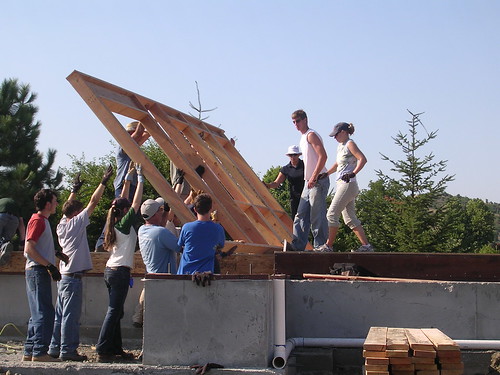
 The weather is getting hotter and hotter, the pool is becoming less refreshing, and the kids are starting to get antsy. It’s about that time of the year again… school time! The first day of school is just days away for many kids across the country. The start of school often means stress and instant panic for parents and teachers who scramble to get last minute things together for the new school year.
The weather is getting hotter and hotter, the pool is becoming less refreshing, and the kids are starting to get antsy. It’s about that time of the year again… school time! The first day of school is just days away for many kids across the country. The start of school often means stress and instant panic for parents and teachers who scramble to get last minute things together for the new school year.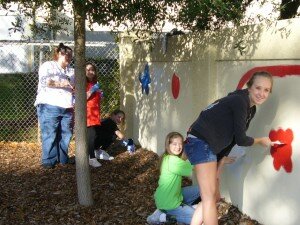 field trips. Volunteering your time to chaperone or drive will ensure that your child gets an enriching and fun education!
field trips. Volunteering your time to chaperone or drive will ensure that your child gets an enriching and fun education!
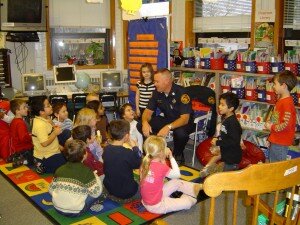 There are so many ways that you can volunteer in your community’s schools throughout the year, these are by no means your only options! Check out your local volunteer centers or speak with your school’s principal to see how your talents can be of use at your local school.
There are so many ways that you can volunteer in your community’s schools throughout the year, these are by no means your only options! Check out your local volunteer centers or speak with your school’s principal to see how your talents can be of use at your local school. Today is a BIG day for youth service! “Why?” you ask. July 2nd is the beginning of
Today is a BIG day for youth service! “Why?” you ask. July 2nd is the beginning of  lication through the generationOn website. Kids can choose a challenge team and project ideas. Once a pledge is made, kids can also challenge their friends to be heroes through the use of social media. Once the challenge is met, kids can share their projects through video, essays, or pictures to inspire other youth. All participants will receive a certificate of completion after the project as well!
lication through the generationOn website. Kids can choose a challenge team and project ideas. Once a pledge is made, kids can also challenge their friends to be heroes through the use of social media. Once the challenge is met, kids can share their projects through video, essays, or pictures to inspire other youth. All participants will receive a certificate of completion after the project as well! school. Your child or teen can get involved in solving this important problem by making a work of art for a shelter, making a pillow buddy, hosting a princess party to collect fairytale books, making health kits, collecting school supplies boxes, advocating for the homeless, etc.
school. Your child or teen can get involved in solving this important problem by making a work of art for a shelter, making a pillow buddy, hosting a princess party to collect fairytale books, making health kits, collecting school supplies boxes, advocating for the homeless, etc.
 The world needs more action heroes, are you up to the challenge? We hope that your children will make the pledge to accept one of these eight hero challenges to better his or her community!
The world needs more action heroes, are you up to the challenge? We hope that your children will make the pledge to accept one of these eight hero challenges to better his or her community! Are you a recent graduate looking for a new job? Maybe you are someone who is looking a for a new career path to develop some skills? Volunteering is the best outlet possible to do all of these things!
Are you a recent graduate looking for a new job? Maybe you are someone who is looking a for a new career path to develop some skills? Volunteering is the best outlet possible to do all of these things!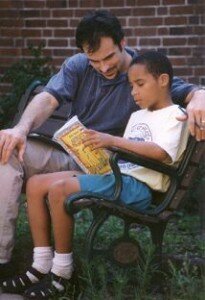 organization’s board or advisory council, participate in a focus group, or help write a group’s vision.
organization’s board or advisory council, participate in a focus group, or help write a group’s vision.


 1 in 4 Americans-nearly 60 million people-live with common and treatable mental health disorders. Check out these 5 easy ways you can volunteer during mental health month.
1 in 4 Americans-nearly 60 million people-live with common and treatable mental health disorders. Check out these 5 easy ways you can volunteer during mental health month. Fight the Stigma: Become A StigmaBuster!
Fight the Stigma: Become A StigmaBuster! 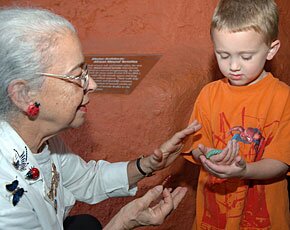
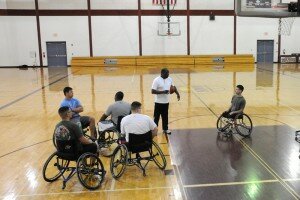 Medical Center’s needs are considered in assigning you a position. Training by the Red Cross office as well as “on-the-job” will help you feel comfortable in your new role!
Medical Center’s needs are considered in assigning you a position. Training by the Red Cross office as well as “on-the-job” will help you feel comfortable in your new role! and places musicians to serve full-time as teachers and mentors in low-performing public schools, youth centers, and other high-need community settings. MusicianCorps uses music to reengage youth in their academic and civic lives, and provide them skills to succeed in the 21st century economy.
and places musicians to serve full-time as teachers and mentors in low-performing public schools, youth centers, and other high-need community settings. MusicianCorps uses music to reengage youth in their academic and civic lives, and provide them skills to succeed in the 21st century economy.
 e. Recognizing his commitment, Mr. H invited Kevin and other students to perform for Veteran’s Day at the Palo Alto VA center. Kevin seized the opportunity. On a day off from school when most of his classmates were still sleeping, Kevin was awake at 7:30am with his guitar in hand ready to be picked up for the performance. “It was cool to play for the Veterans,” Kevin said. “They seemed to enjoy it and some of them came up and played with us.”
e. Recognizing his commitment, Mr. H invited Kevin and other students to perform for Veteran’s Day at the Palo Alto VA center. Kevin seized the opportunity. On a day off from school when most of his classmates were still sleeping, Kevin was awake at 7:30am with his guitar in hand ready to be picked up for the performance. “It was cool to play for the Veterans,” Kevin said. “They seemed to enjoy it and some of them came up and played with us.”
